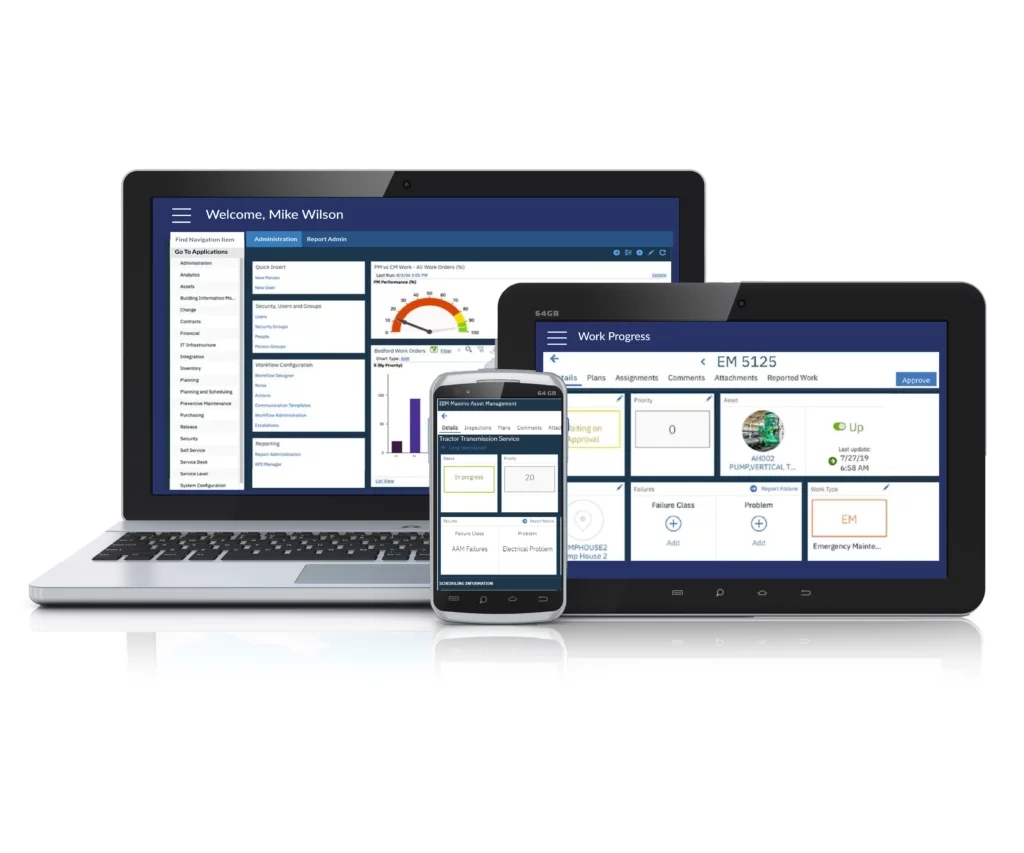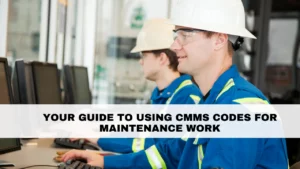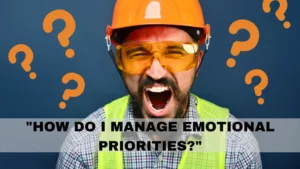Effective Work Management is essential to managing a maintenance team.
Common work management questions are typically about the roles within the organization and tools to use. Tor idhammar, IDCON’s president is answering your work management questions after his seminar “Who’s missing in your work management process…the answer may surprise you.”
What exactly is an Operations Maintenance Coordinator or OMC?
This is a role within the organization that is responsible for coordinating the work requests from operations with the maintenance department. IDCON believes this role is very important to developing a partnership mentality between operations and maintenance. Learn more about the OMC’s job role and responsibility by watching this short video. Responsibilities include (this is not a complete list):
- Verify compliance to work request standard
- Request additional information from work requestors for incomplete and misunderstood work requests. Invaluable to the maintenance planner role
- Review the work request to see if it is a duplicate
- Approve/reject work requests (in coordination with maintenance)
- Work with maintenance supervisors and maintenance planners to set priorities for planning and scheduling of all non-emergency work
- Coordinate process equipment availability with maintenance plans and schedules
- Verify that emergency work requests are true emergencies based on plant priority tool
How to leverage EAM/CMMS systems to help manage work?
The most important thing to remember about using a EAM/CMMS system is that it is a tool. You must have a workflow identified 1st for Work Management. You then are ready to add your EAM/CMMS tool to help support the workflow.

Where do Maintenance Schedulers and Planners fit in the Work Management process?
The maintenance planner fits in with the planning workflow. IDCON recommends that the planner and scheduler be separate. Our thought is that maintenance scheduler should be very close with maintenance team, such as a maintenance supervisor. If you have a scheduler, that person should be working closely with the maintenance supervisor to know the skills of the maintenance team. This is beneficial because the scheduler could be a back up to the maintenance supervisor. Sometimes the planner and scheduler roles are combined, usually in small plants or facilities, which can work if the planner is given the time to plan the jobs.
Our Introduction to Work Management self-paced training can answer many of the most common work management questions that your organization may have. It’s designed to bring cohesion to your work management process across any type of organization.





